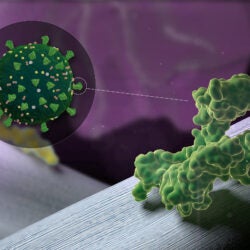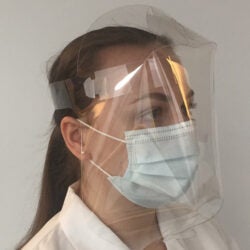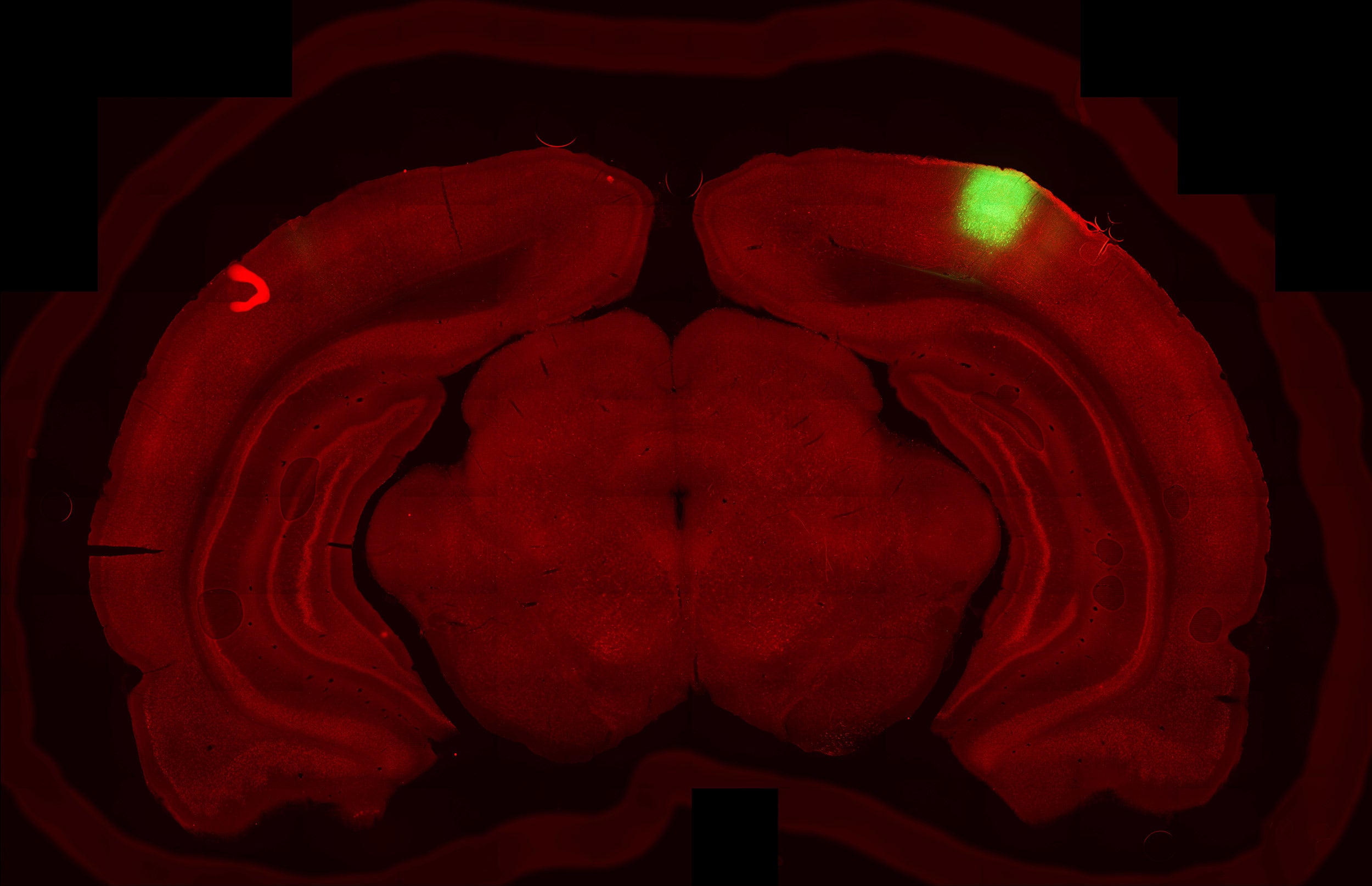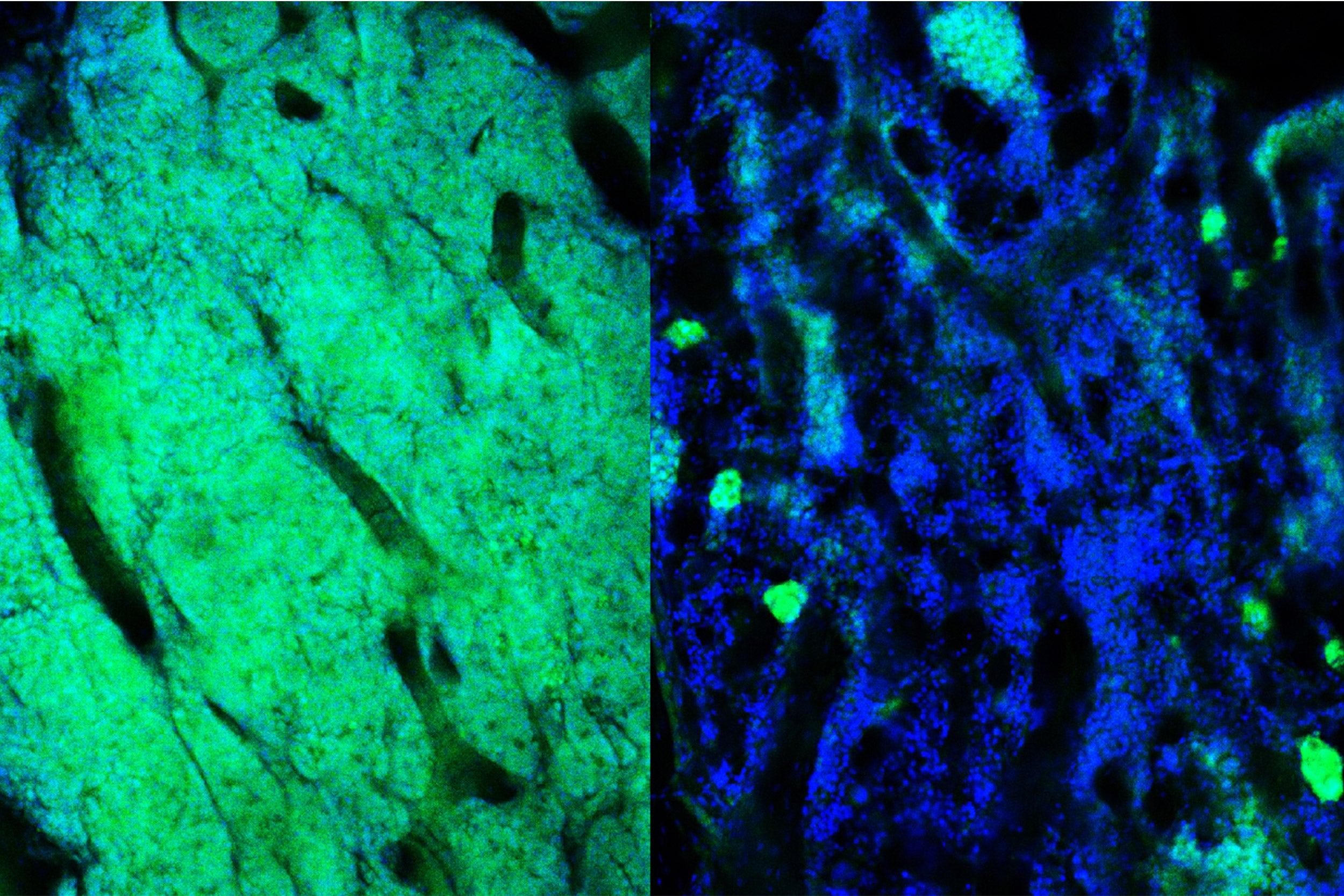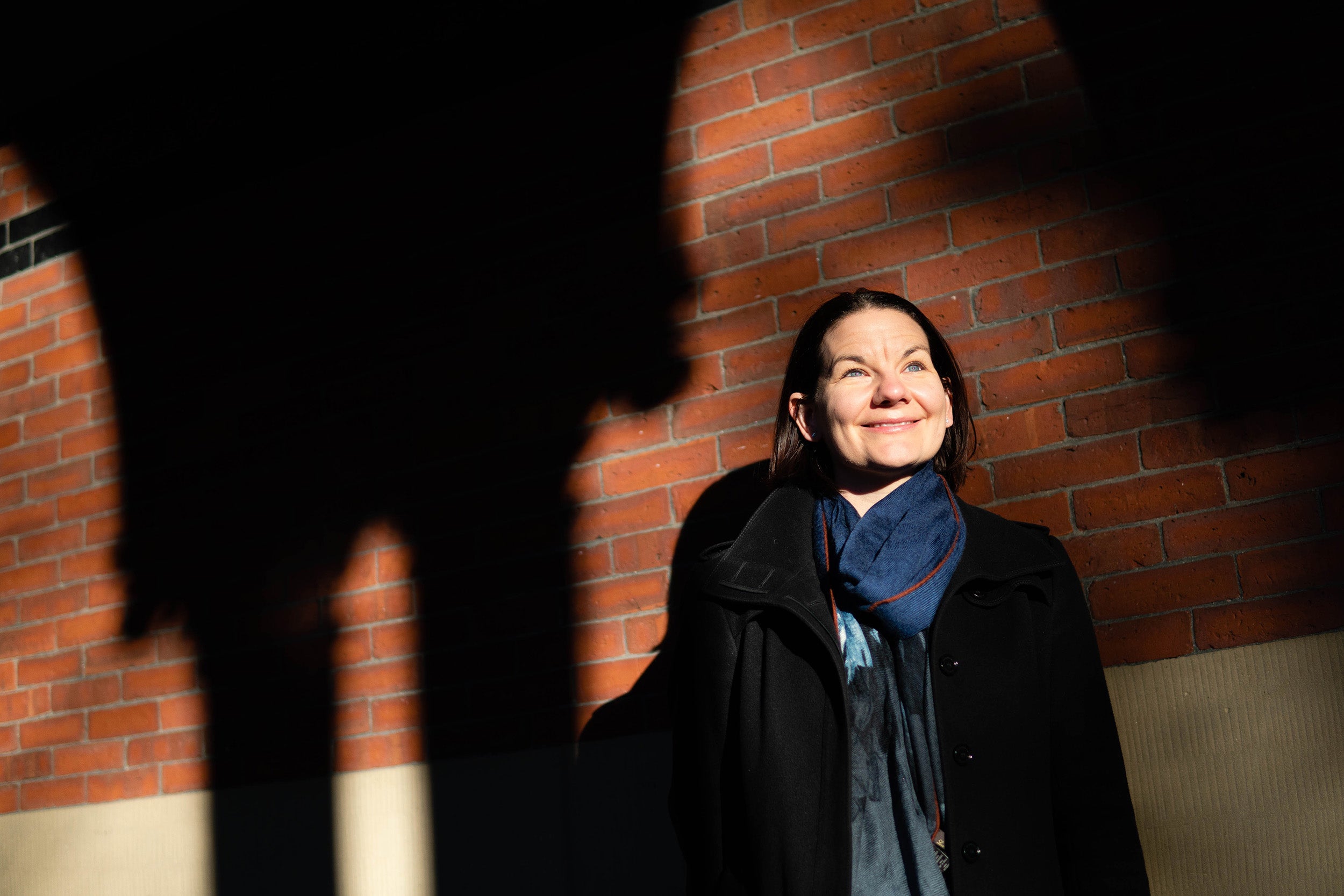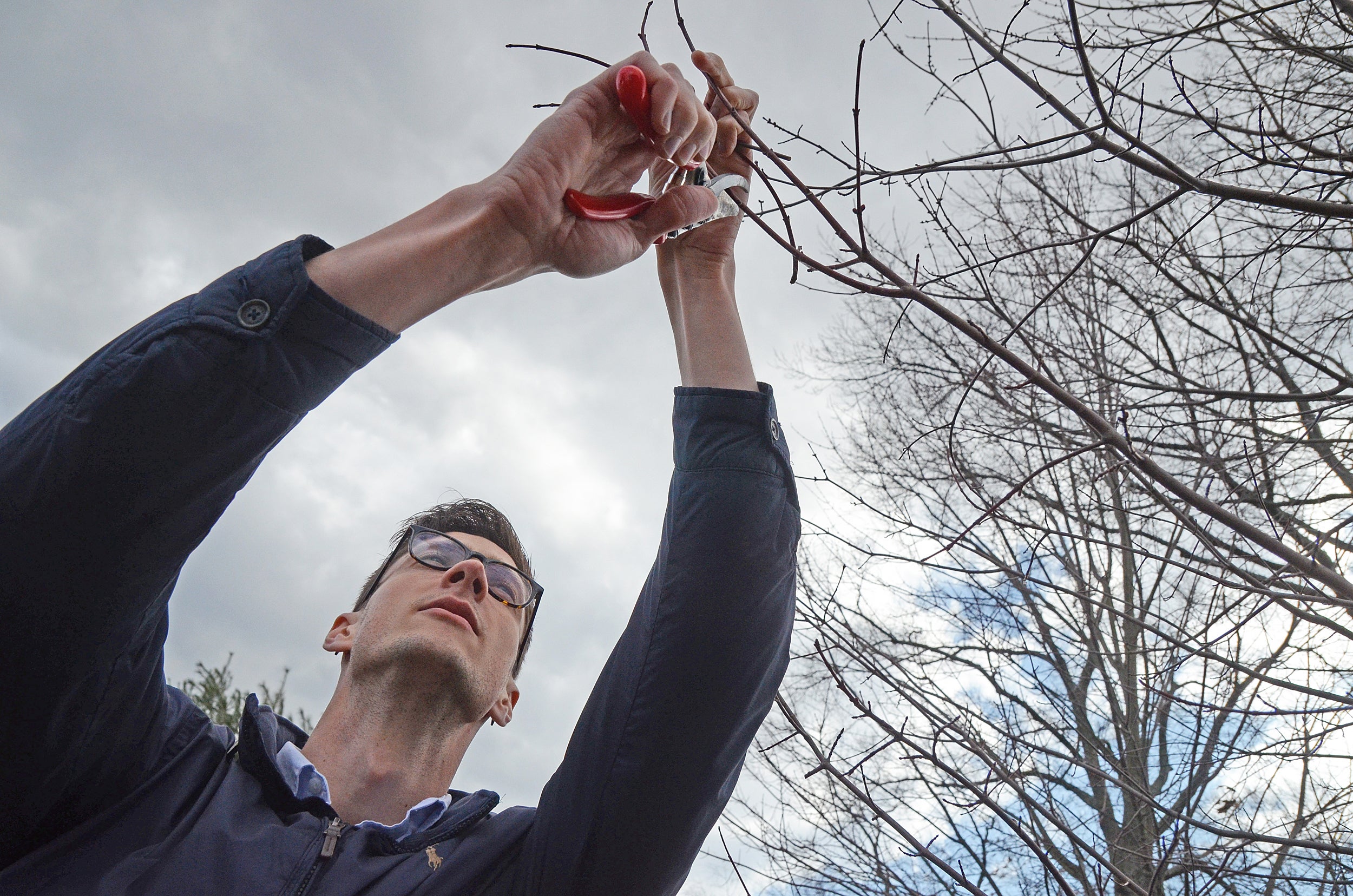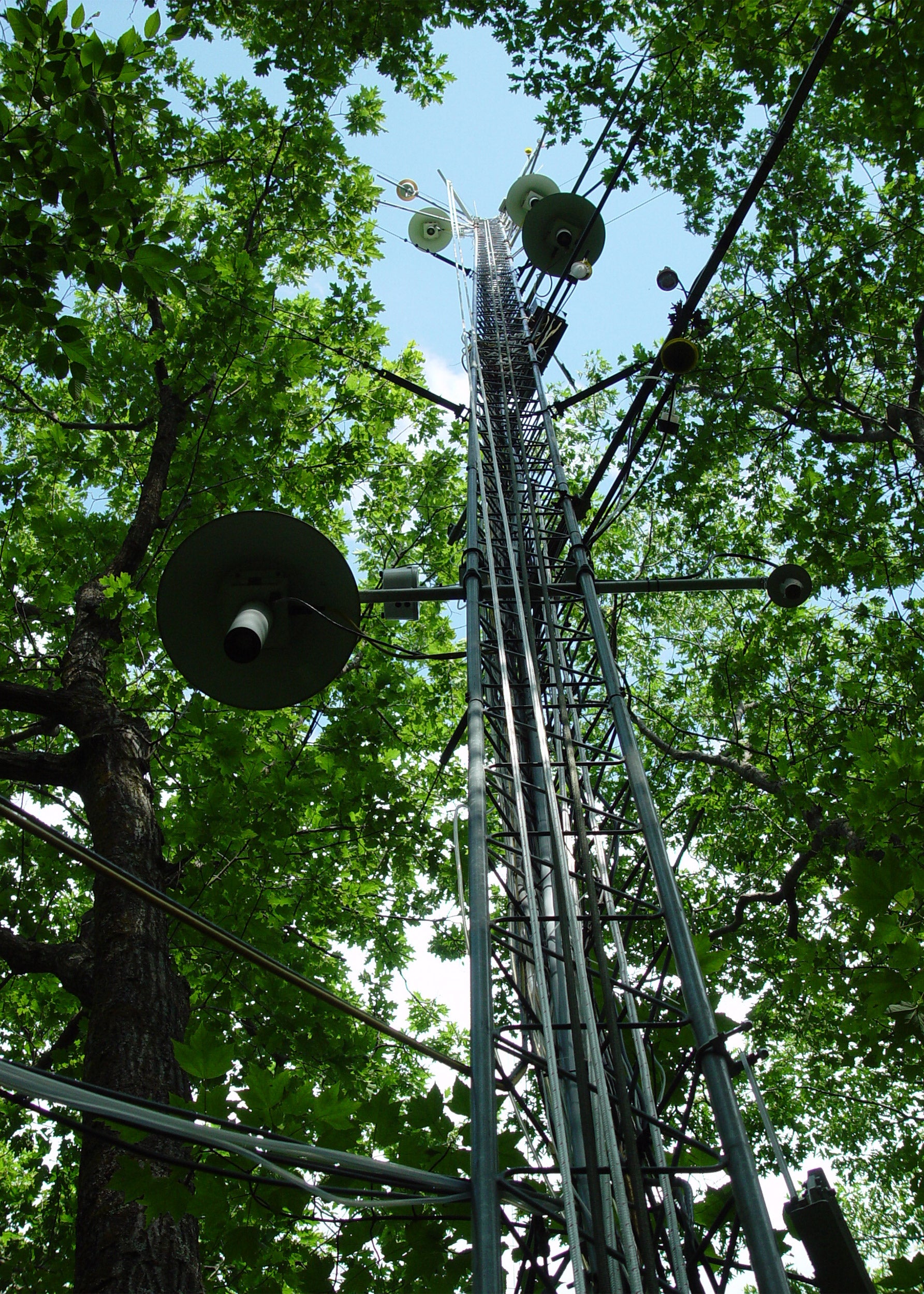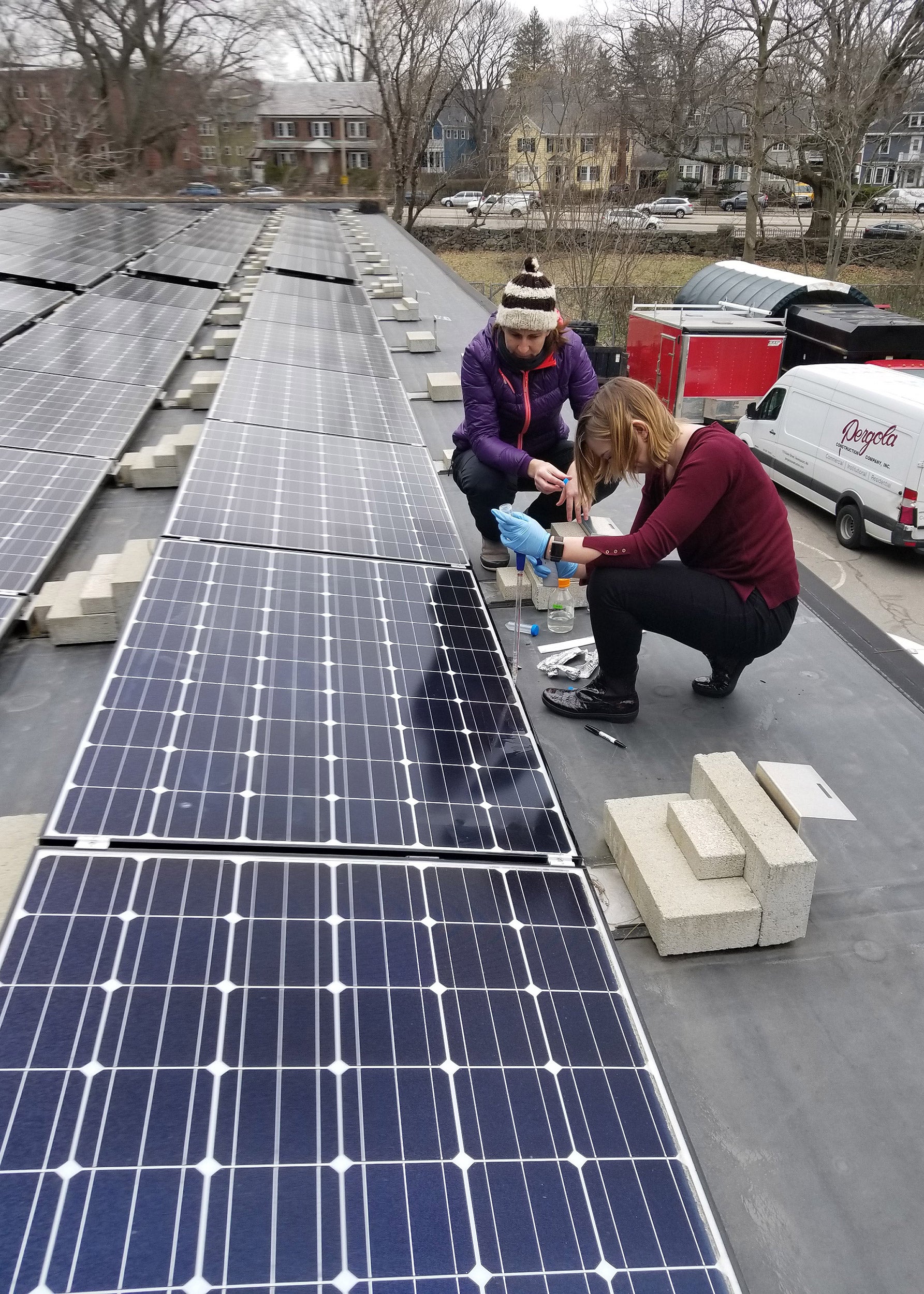Author Michael Pollan discusses how caffeine changed the world
The seductive powers, dark history, health benefits, and harmful side effects of the world’s most-used drug, are included in Michael Pollan’s new audible book, “Caffeine: How Coffee and Tea Created the Modern World.”
Aug. 20, 2020 • ~8 min


